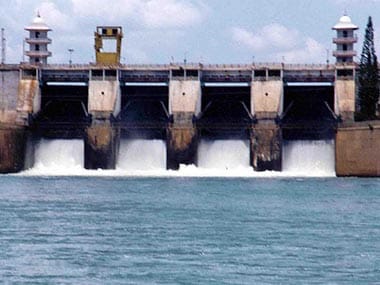Bearing in mind the risks of generalizations, women’s experiences of and roles in the long-standing conflict in Kashmir are broadly defined by the conditions outlined in this section. It should be noted that the real names of all half widows (unless referring to specific legal cases), their spouses and children, and most other women quoted in this report, have been changed to protect privacy and safety.
iii. Peace-building. In the face of the tensions, women have made efforts to break the silence, calling for accountability, disarmament, and restoration of peace. While women were not active combatants in Kashmir, many supported the popular movement in the 1990s. Their support for the armed struggle has waned drastically and given way to peaceful protests and community organizing. Instances of individual and collective action by women peacemakers are seen in KWIPD and APDP. Kashmiri Women in Peace and Disarmament (KWIPD) was formed in Srinagar in 2000. KWIPD members published a monthly newsletter Voices Unheard that captured how women viewed the situation and its possible resolution. Through their activities, including organizing an international conference called Sharing Experience, Interaction in Kashmir, the group questioned the definition of ‘women’s issues’ and also whether peace and justice were indeed competing ideals. The group became dormant after 2007 due to a lack of funding and a leadership vacuum.
Mothers, sisters, and wives of the disappeared have organized under the Association of Parents of Disappeared Persons (APDP) towards bringing peace and justice. Founded in 1994 (and subsequently split into two organizations in 2006), APDP-JKCCS now has members from over 150 families. Women constitute over 60% of the membership, have 50% representation on the Executive Board (5 of the 10 rotating members are women), and at least 50% representation during monthly public protests. Many women members have faced indirect or even direct threats against such activism, which is seen as ‘shaming’ the government, and at times even antithetical to militant groups’ interests but they have continued to actively participate in APDP activities.
While as caregivers and providers, women generally eschew violence, they have persevered in demanding a just peace, often while bearing direct violence for the same.





No comments:
Write comments